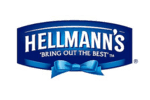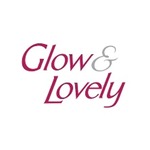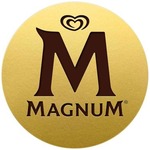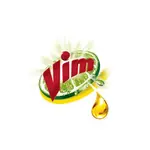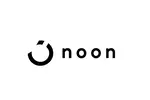History of Unilever
Unilever, a multinational consumer goods company, has a rich history dating back to the late 19th century. The company's origins can be traced back to the merger of the British soap manufacturer Lever Brothers and the Dutch margarine producer Margarine Unie in 1929. This merger formed Unilever, which quickly became one of the world's largest producers of consumer goods. Lever Brothers, founded by William Hesketh Lever, had gained prominence for its innovative marketing strategies and popular brands like Sunlight soap. Meanwhile, Margarine Unie, established by Dutch entrepreneur Anton Jurgens, had a strong presence in the margarine industry.
Unilever's product portfolio expanded rapidly over the years, encompassing a diverse range of household and personal care products, as well as food and beverage items. Some of its iconic brands include Dove, Lipton, Knorr, Hellmann's, and Ben & Jerry's. Unilever has continuously adapted to changing consumer preferences and market trends, introducing new products and acquiring brands to strengthen its position in various markets globally. The company has also been committed to sustainability and social responsibility, launching initiatives to reduce its environmental footprint and improve the livelihoods of farmers and workers in its supply chain. Today, Unilever remains a major player in the consumer goods industry, with its products being household staples in many countries around the world.



